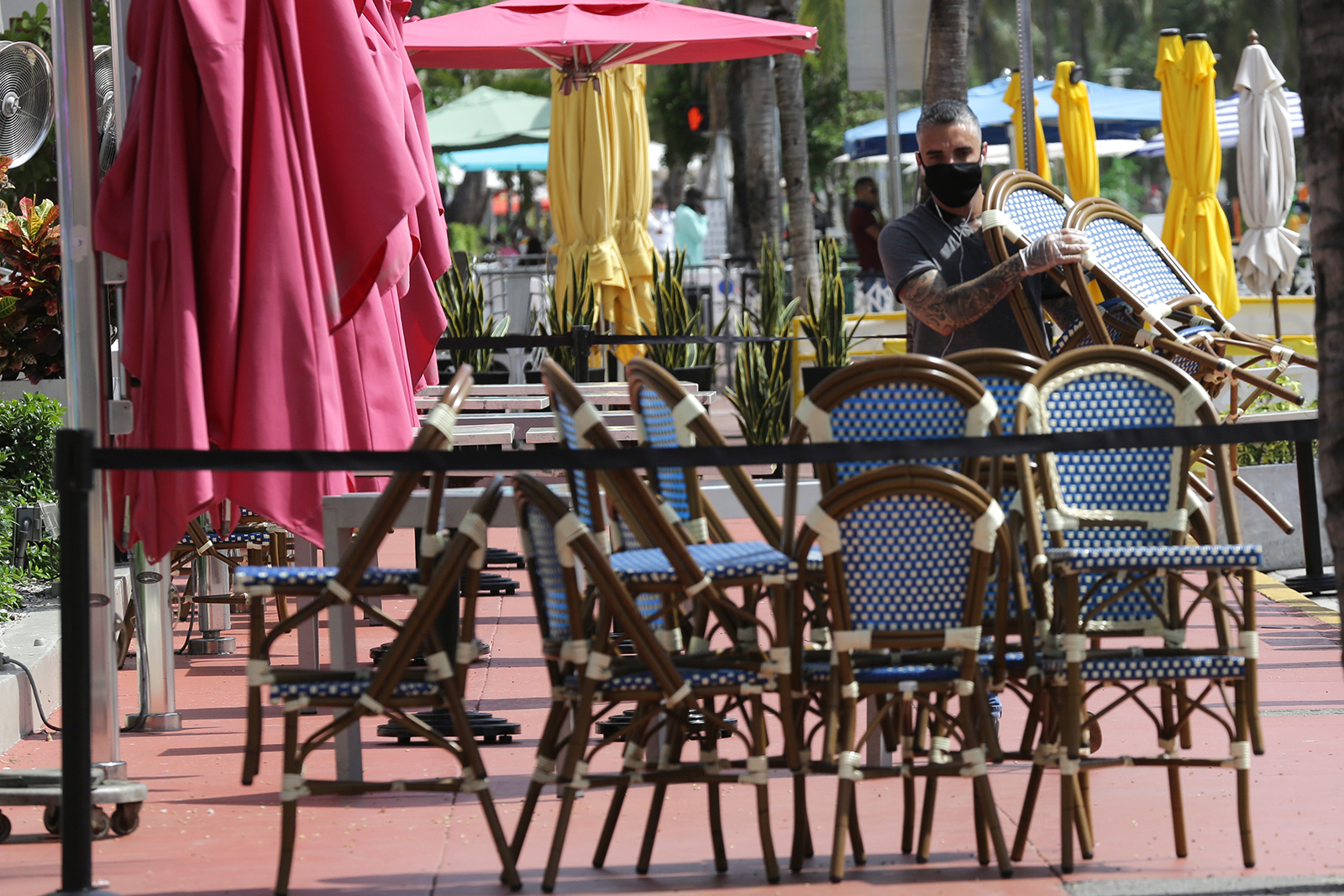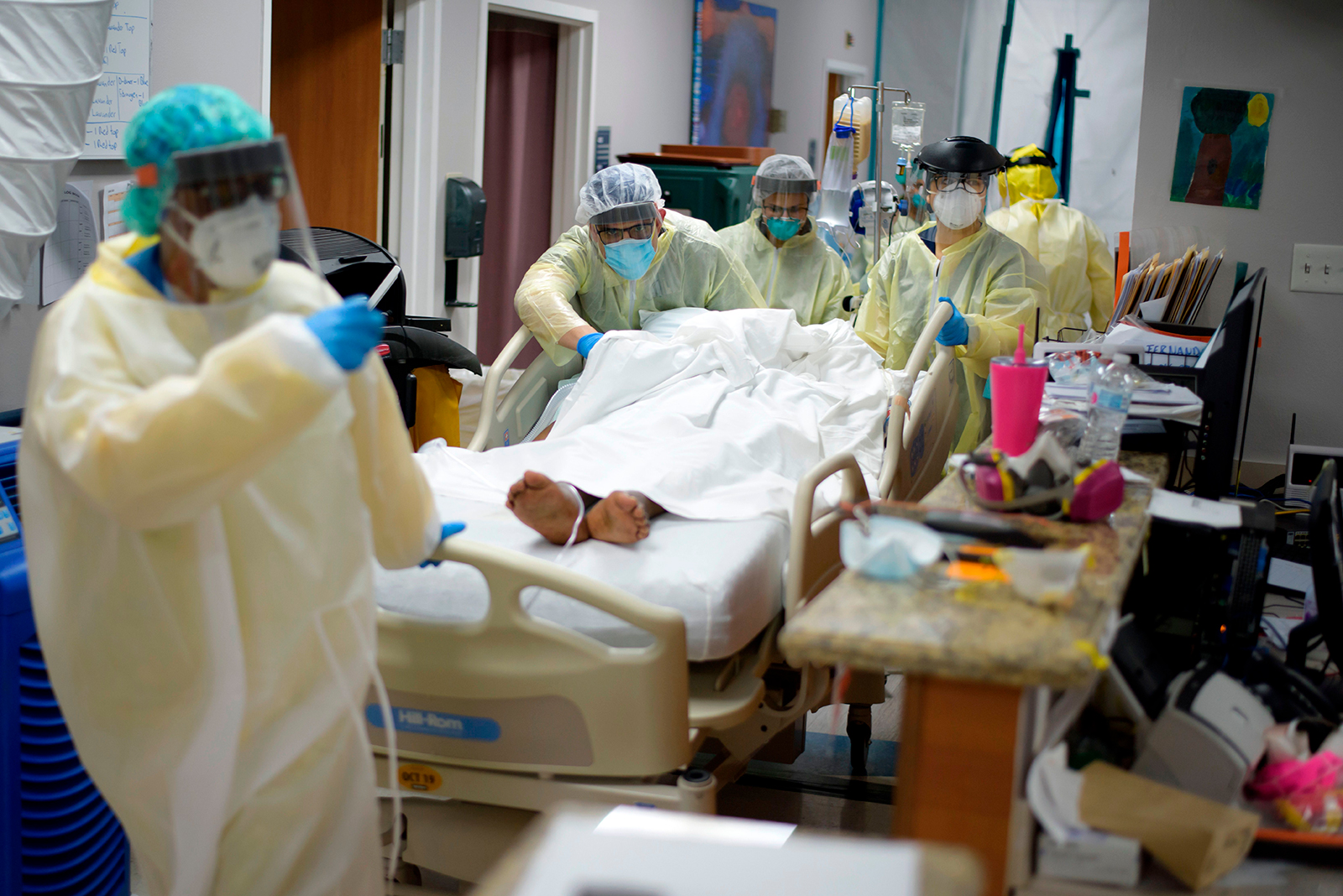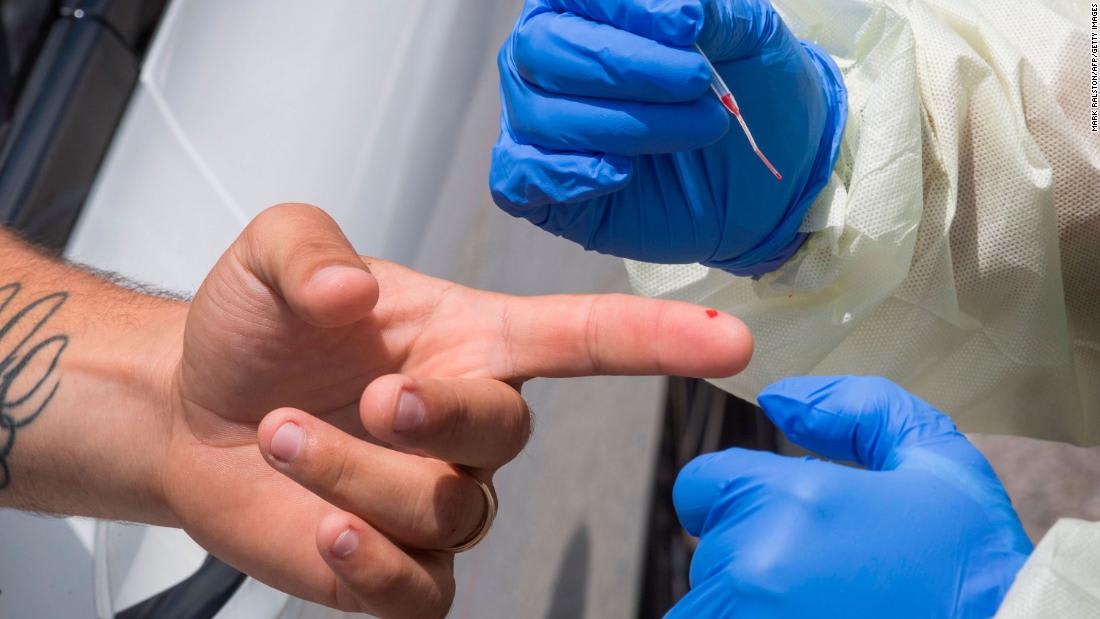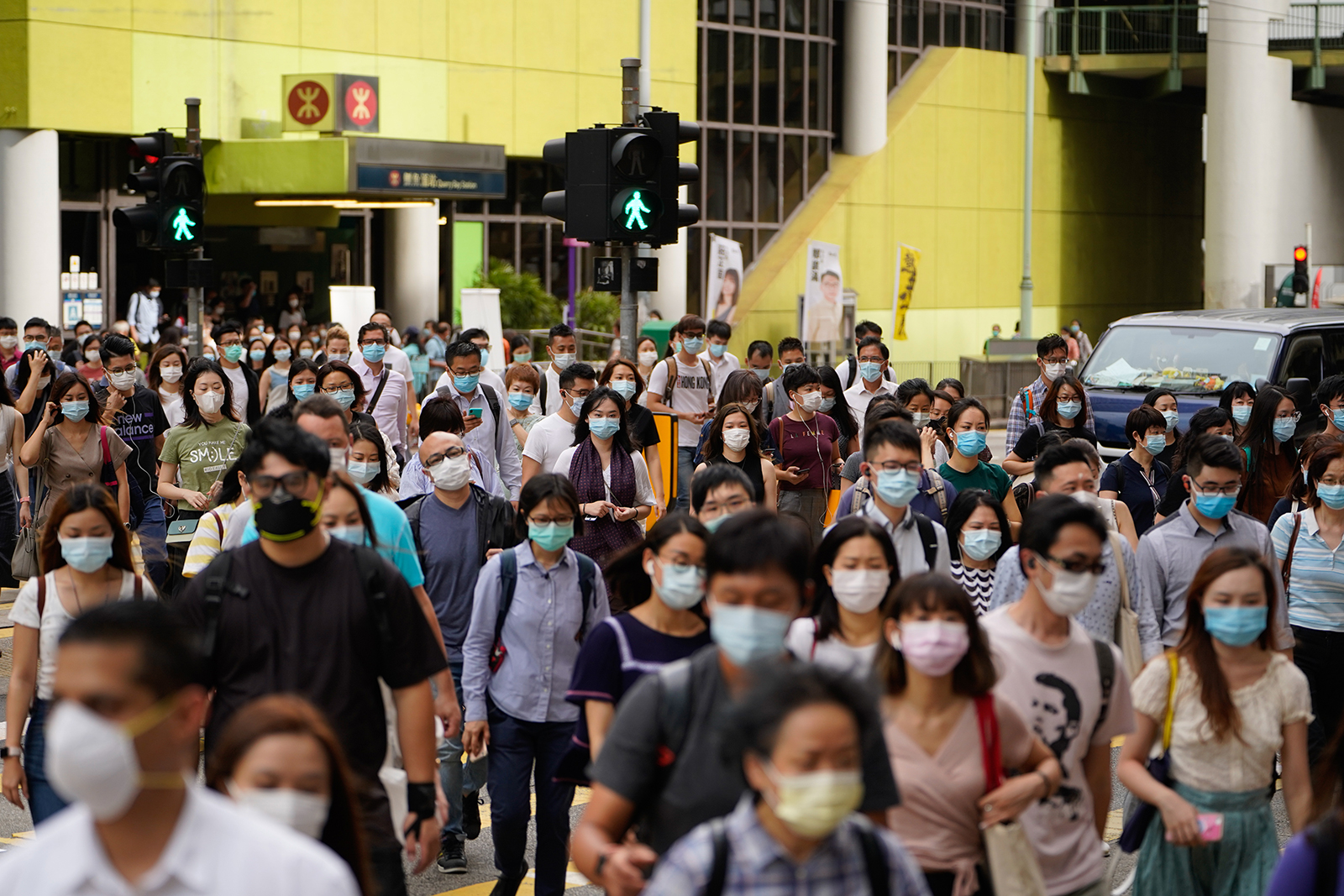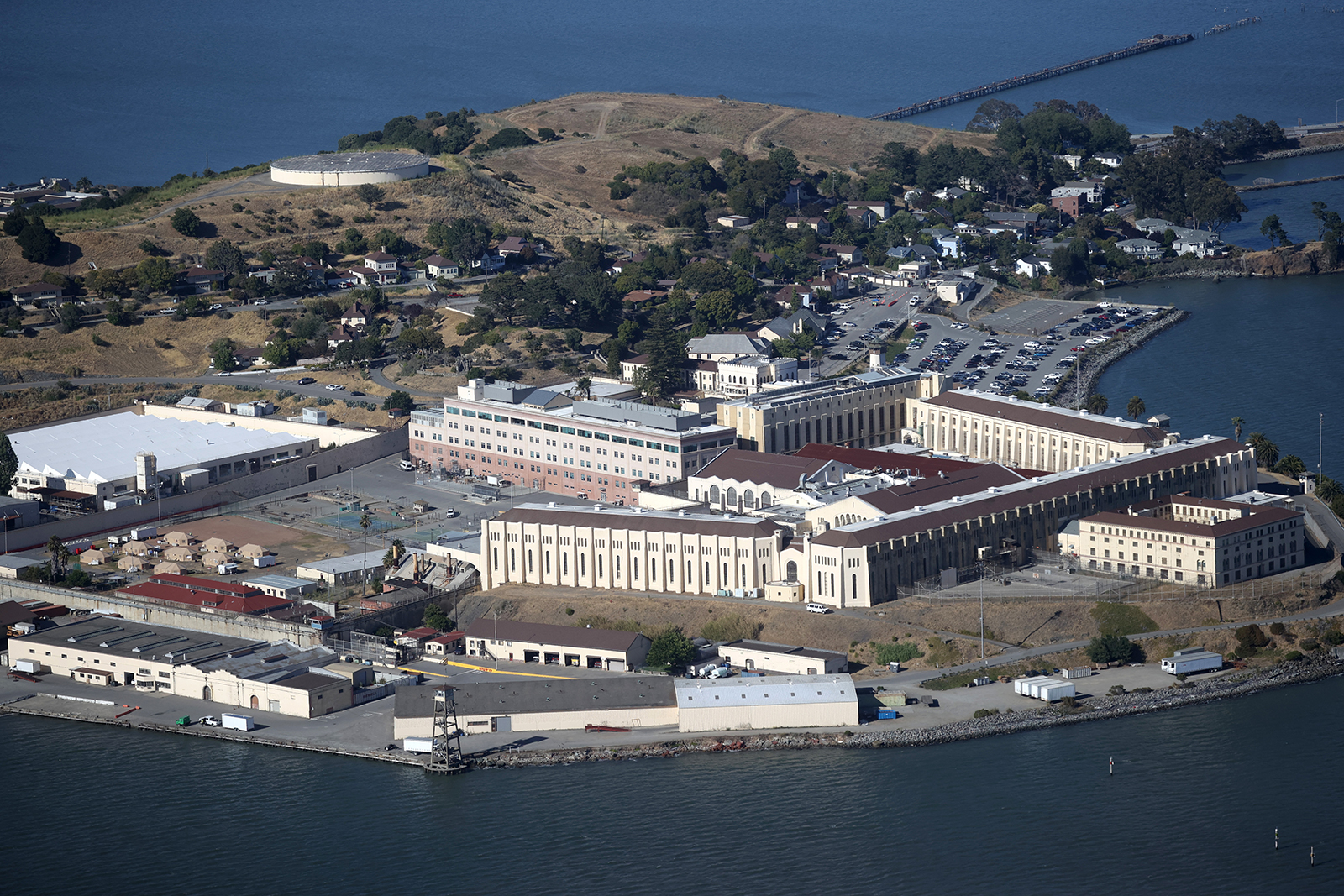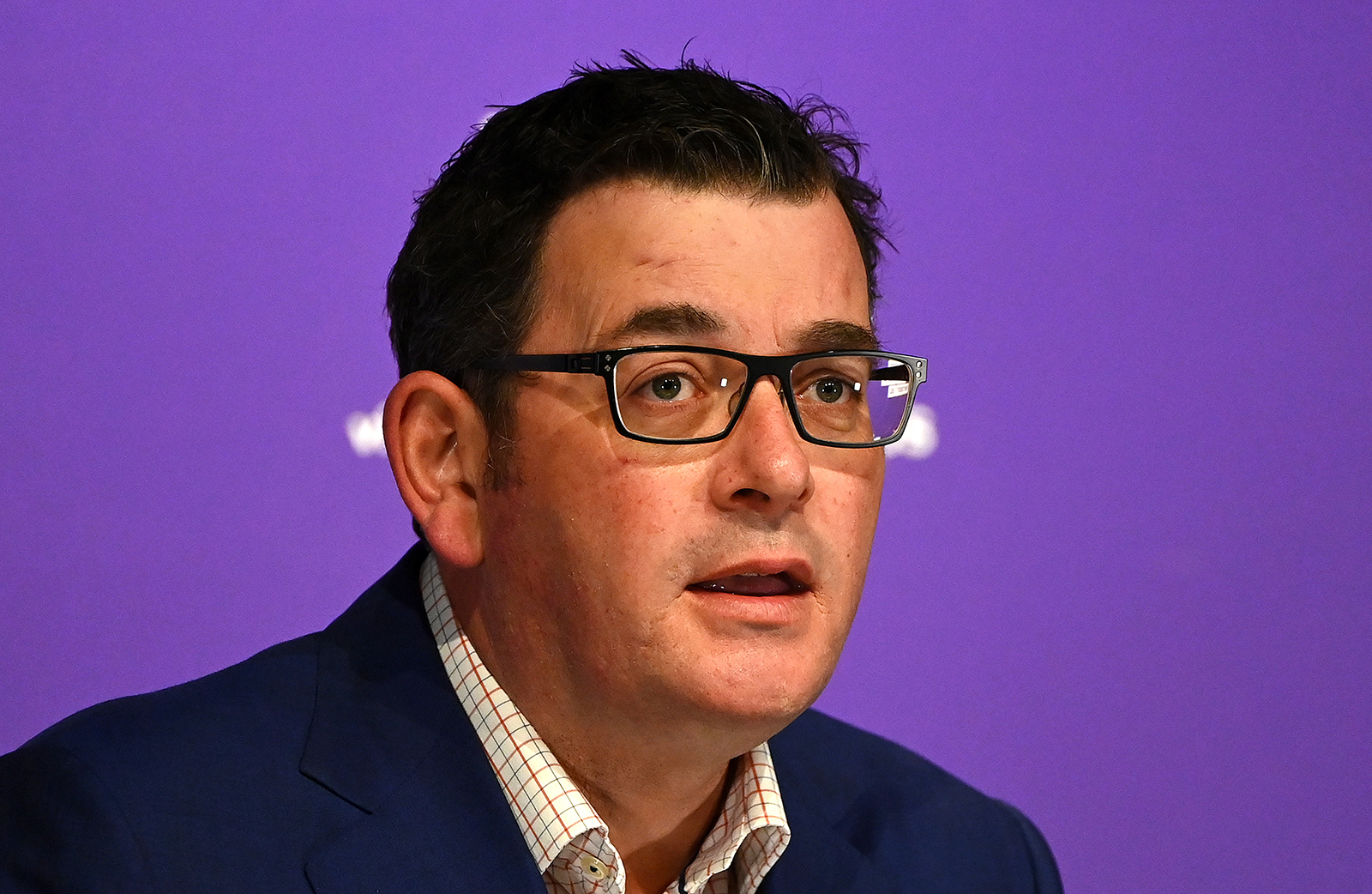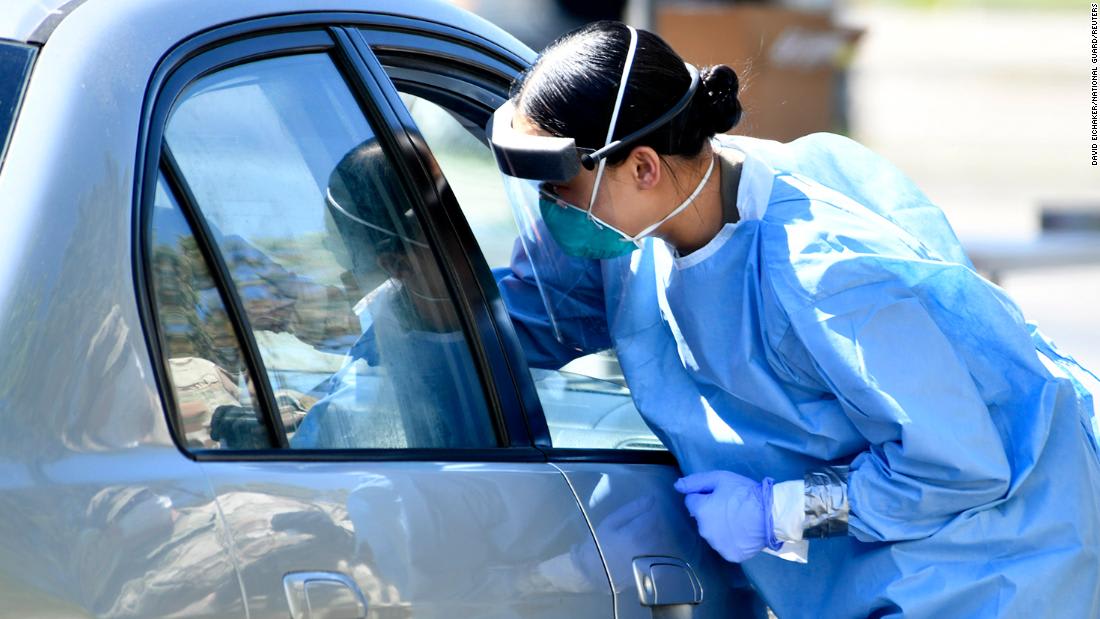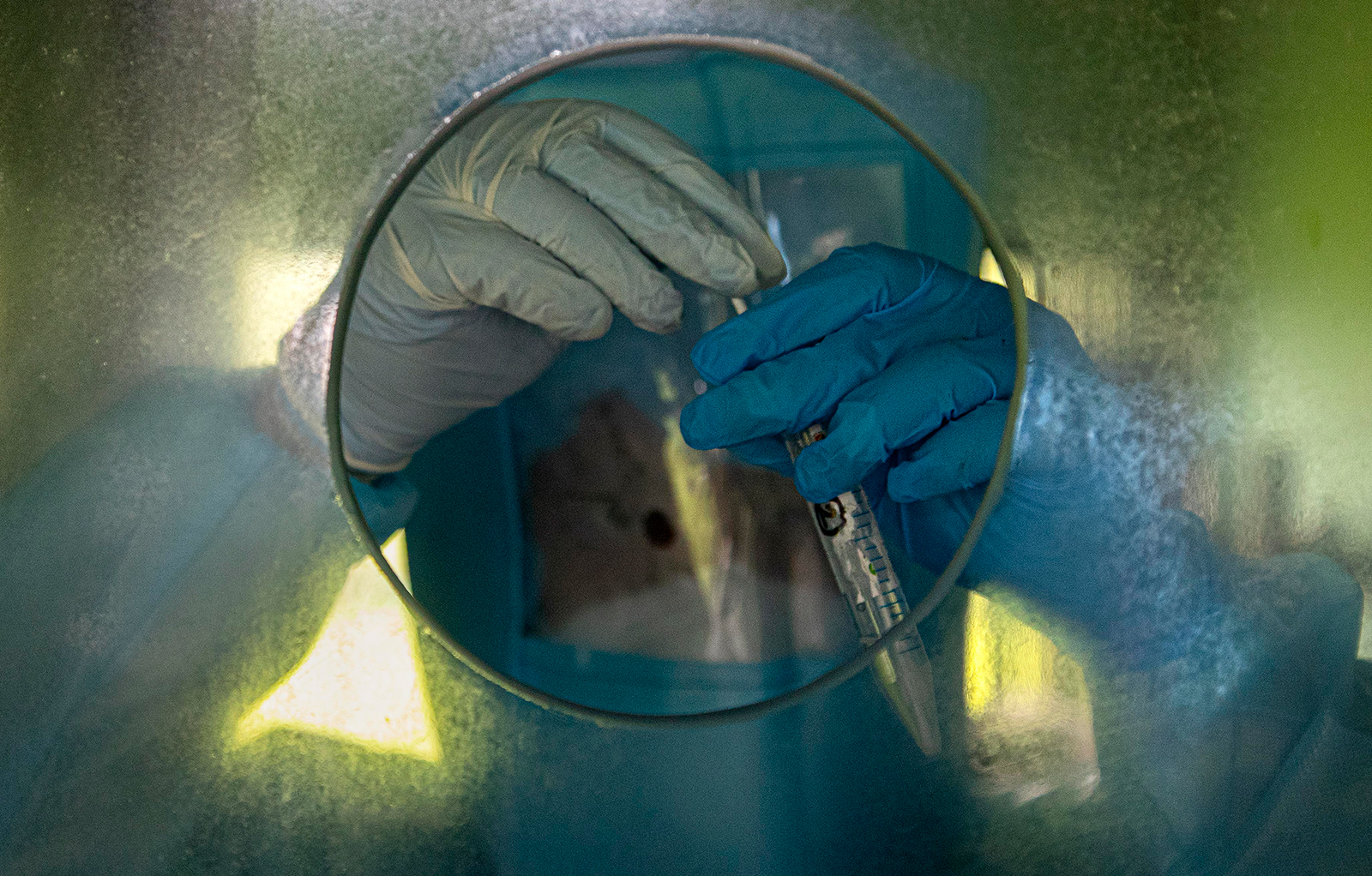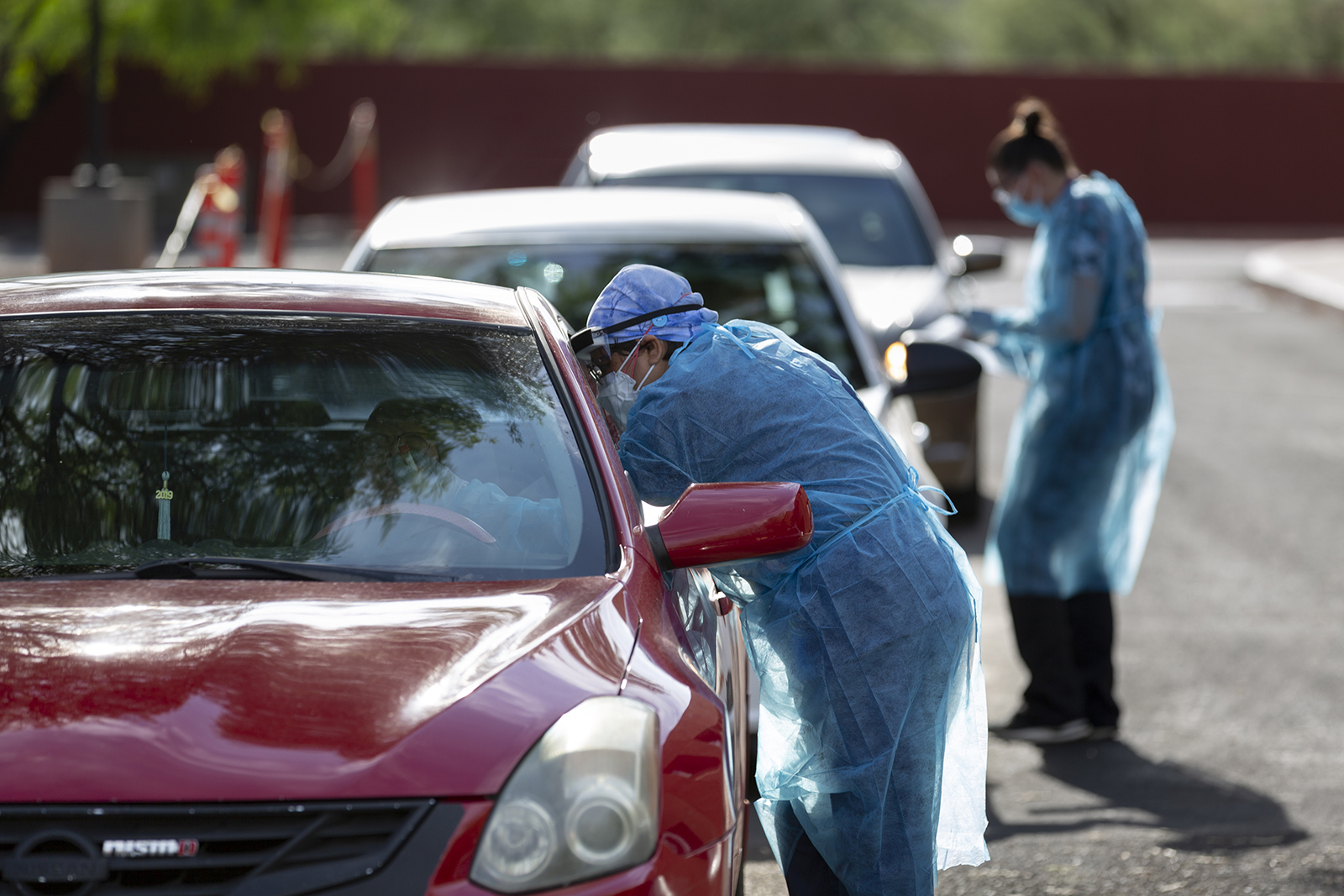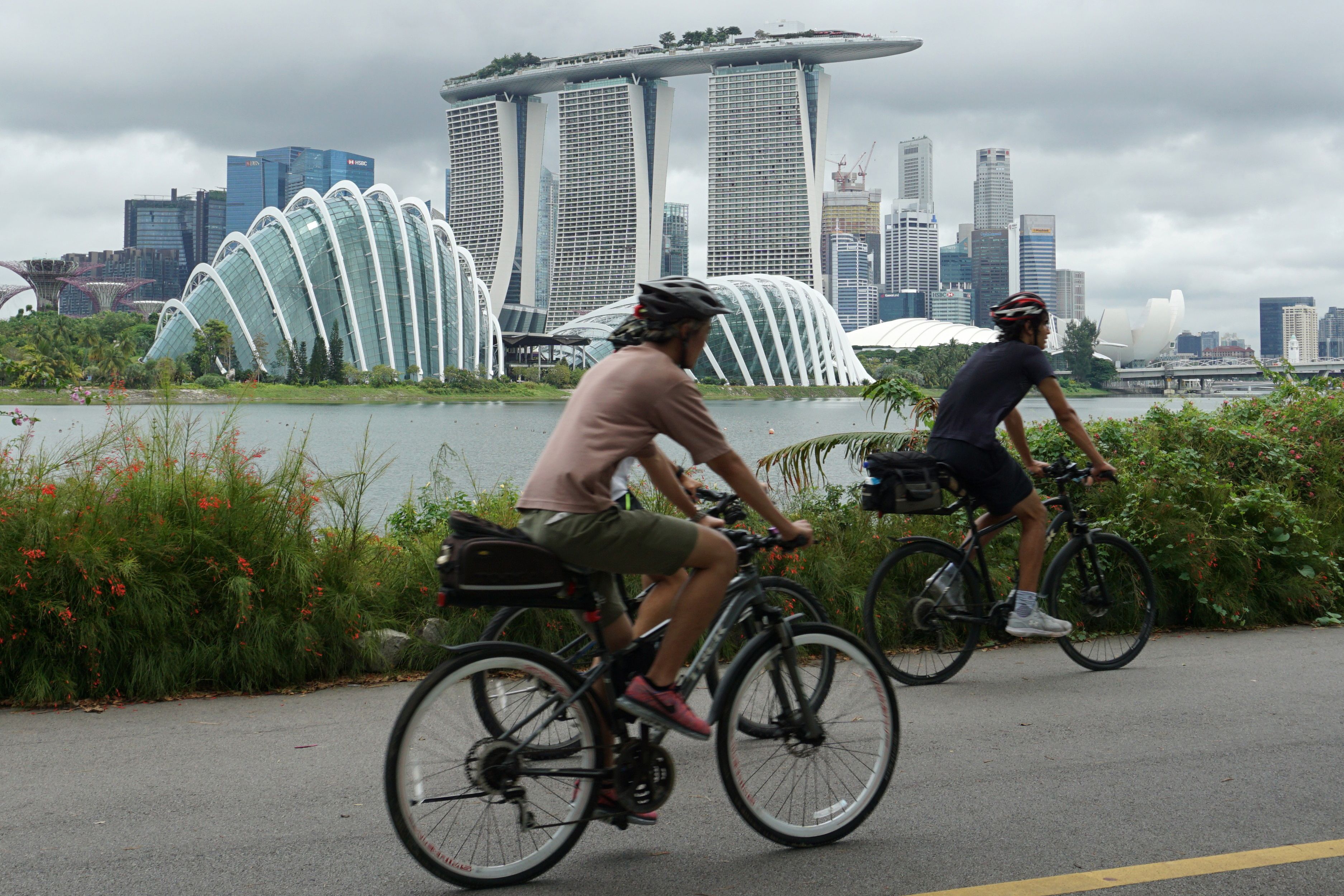
Singapore has fallen into a deep economic slump — and it's even worse than many had predicted.
The government said Tuesday that GDP likely shrank 12.6% in the second quarter compared to the same time the previous year, marking "the steepest drop on record," according to economists.
GDP shrank by 41.2% in the second quarter compared to the previous three months, more than most analysts had expected.
That officially pushed the country into a recession. Singapore's GDP had already fallen by 0.3% in the first quarter on a year-on-year basis. A recession is defined as two consecutive quarters of negative growth.
The latest decline was due to strict government restrictions, known locally as "circuit breaker" measures, which were enforced from April to June as the country dealt with a sudden spike in coronavirus cases.
This included the shutdown of many businesses, including "the suspension of nonessential services and closure of most workplace premises," the Ministry of Trade and Industry noted in a statement.
Officials had already been bracing for bad news. Prior to the new numbers, the government had slashed the country's economic forecast three times this year alone.
But "it's not all gloom and doom," Yun Liu, an economist at HSBC, wrote in a report to clients.
Recession is here, but it's a short one," she added.
Some analysts believe the worst is over for Singapore, particularly since the government has deployed billions of dollars in stimulus measures to shore up the flagging economy.
"Looking ahead, Q2 will mark the trough," Alex Holmes, Asia economist at Capital Economics, wrote in a research note Tuesday.
"The key reason for optimism is the huge size of the government’s stimulus package, which is equivalent to around 20% of GDP."
